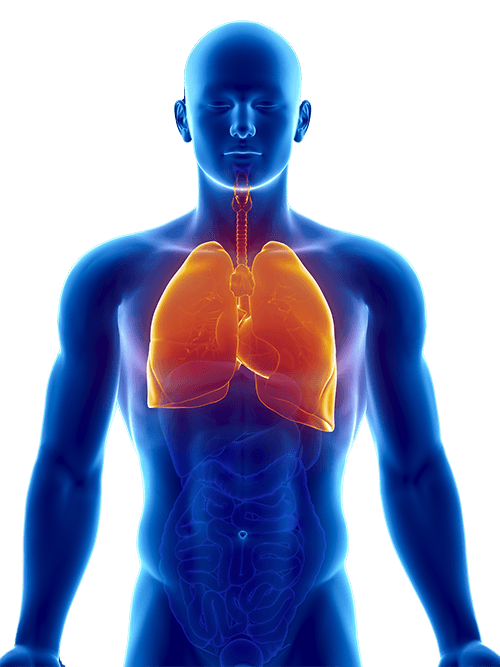Heart Infections and Inflammations EXPERT IN PERUMBAKAM
Your Trusted Partner in Heart Infections and Inflammations
Heart infections and inflammations are conditions that affect the heart muscle or its surrounding structures. We are here to provide you with top-notch care and guidance to tackle your problems.

Understanding Heart Infections and Inflammations
Signs of Heart Infections and Inflammations
Heart infections and inflammations are conditions that affect the heart muscle or its surrounding structures. They can result from infections or other causes and may lead to symptoms like chest pain, fever, and heart rhythm abnormalities, requiring medical attention.
- Bacterial or Viral Infections: Infections like endocarditis and myocarditis can result from bacteria or viruses entering the bloodstream.
- Autoimmune Conditions: Some heart inflammations are due to the body’s immune system mistakenly attacking heart tissues, as seen in rheumatic fever.
- Recent Surgeries or Medical Procedures: In some cases, invasive procedures can introduce infections into the heart.
- Infectious Diseases: Diseases like Lyme disease or HIV can lead to heart infections.
- Unknown Causes: In some instances, the exact cause may not be identified.
Symptoms of Heart Infections and Inflammations:
- Fever and Chills
- Chest Pain or Discomfort
- Fatigue
- Shortness of Breath
- Irregular Heartbeat
- Swelling in the Legs or Abdomen
- Joint Pain (seen in rheumatic fever)
- Unexplained Weight Loss
Is heart inflammation serious?
Yes, some complications of heart inflammation are serious and can be life-limiting. Without treatment, heart inflammation can cause:
- Blood clots
- Heart Failure.
- Abnormal Heart rhythms
- Fainting
- Worse infections that can spread throughout your body (from endocarditis).
- Lung problems (from myocarditis).
- Too much fluid building up around your heart (from pericarditis).
How does heart inflammation affect my body?
Heart inflammation causes different problems depending on where it happens.
- Endocarditis: Bacteria infects the lining of your heart valves. It can go to other parts of your body, infecting those areas, too.
- Myocarditis: When your heart muscle is inflamed, it has a more difficult time pumping blood.
- Pericarditis: Your pericardium’s two layers get thicker and brush against each other and your heart muscle.
Prevention
- Maintain Good Hygiene: Practising good hygiene can help prevent bacterial infections that may lead to heart conditions.
- Strep Throat Prevention: Promptly treat strep throat with antibiotics to reduce the risk of rheumatic fever.
- Infectious Disease Control: Taking precautions against infectious diseases can lower the risk of infections that affect the heart.
Treatment
- Medications: Antibiotics are typically used to treat bacterial infections, while antiviral medications may help in viral cases.
- Anti-inflammatory Drugs: Nonsteroidal anti-inflammatory drugs (NSAIDs) or corticosteroids may be used to reduce inflammation in some cases.
- Rest and Lifestyle Changes: Rest can be important for recovery, and lifestyle modifications may be necessary to support heart health.
- Surgical Interventions: In severe cases, surgical procedures may be needed to address complications or damaged heart tissues.
Frequently Asked Question on Heart Infections and Inflammations:
Causes can include bacterial or viral infections, autoimmune reactions, recent surgeries or procedures, infectious diseases, or unknown factors.
Diagnosis often involves medical history, physical examinations, blood tests, electrocardiograms, echocardiography, and other imaging tests.
Some can be prevented through good hygiene, prompt treatment of infections like strep throat, and precautions against infectious diseases.
Treatment may include medications (antibiotics or anti-inflammatories), rest, lifestyle changes, and, in severe cases, surgical interventions.
Individual experiences with heart infections and inflammations can vary, and consultation with a healthcare provider is essential for proper evaluation and treatment.
